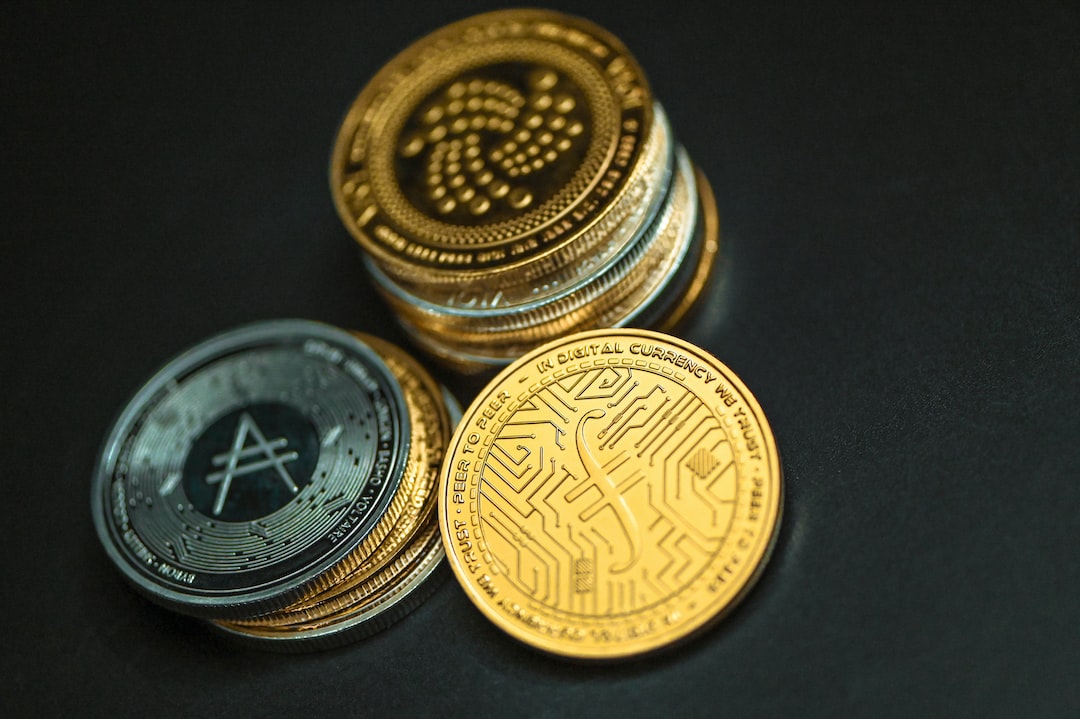Challenges and Considerations in Using Cryptocurrencies for Humanitarian Aid
When it comes to using cryptocurrencies in humanitarian relief efforts, there are both advantages and disadvantages to consider. One major challenge is the fluctuating value of cryptocurrencies, which can impact the ability of aid organizations to plan and allocate resources effectively. To mitigate this risk, careful financial techniques such as instant conversion to local currencies are necessary.
Another consideration is the digital divide in areas affected by humanitarian crises. Not all beneficiaries may have access to the technology required to use cryptocurrency, so alternative approaches must be considered to ensure inclusivity.
Cybersecurity is also a critical concern when handling crypto transactions. The decentralized and pseudonymous nature of cryptocurrencies makes them vulnerable to hacking and scams. Strong security measures like encrypted wallets and secure transaction protocols are essential.
Different legal systems and regulatory environments around the world pose additional challenges. Some countries have embraced cryptocurrencies, while others have imposed strict laws or outright bans. Navigating these varied legal landscapes requires careful planning and adherence to prevent legal issues and maintain the legitimacy of aid activities.
Lastly, cryptocurrencies raise questions about accountability and transparency. Striking a balance between donor privacy and the need for transparency in fund utilization is crucial. Implementing transparent blockchain platforms can provide public inspection while safeguarding private data.
Benefits of Blockchain for Charitable Giving
Blockchain technology offers several benefits for charitable giving. The decentralized and unchangeable ledger powered by blockchain ensures transparency by making every transaction related to charity publicly available and recorded. This fosters trust and confidence in nonprofit organizations.
By streamlining the donation process, blockchains reduce administrative expenses and ensure a larger percentage of donations goes directly to recipients. Smart contracts on the blockchain eliminate intermediaries and speed up fund movement by automating transactions based on predetermined criteria.
Blockchain also enables quick and affordable international transactions, expanding the reach of charity endeavors. It allows organizations to connect with a global pool of potential donors.
Additionally, blockchain technology improves data integrity and security. The cryptographic structure of blockchain ensures information cannot be changed without network members’ consent, protecting gift records and deterring fraud. This transparency and security not only attract more contributions but also promote long-term involvement in philanthropic projects.
Understanding Blockchain-Based Philanthropy
Blockchain-based philanthropy leverages cryptocurrencies and blockchain platforms to carry out charity activities and donations. It offers unparalleled transparency and security compared to conventional methods. Every donation and its distribution are publicly recorded on the decentralized blockchain ledger, providing transparent and unchangeable records.
Donors can track their contributions, promoting trust and accountability. Smart contracts and self-executing blockchain scripts automate donation processes, ensuring funds reach intended recipients while reducing administrative expenses.
Cryptocurrency-based charity platforms like Binance Charity and The Giving Block facilitate the acceptance of cryptocurrency payments by nonprofit organizations. They enable accountable, effective, and transparent philanthropy by leveraging blockchain technology.
Challenges in Traditional Charity Systems and the Need for Blockchain-Based Fundraising
Traditional charity systems face various challenges that hinder their effectiveness. Lack of transparency in fund distribution raises concerns about mismanagement or inefficiencies, potentially discouraging donors from contributing. High transaction fees charged by financial intermediaries also reduce the impact of donations.
Slow transaction times, especially for foreign donations, delay the delivery of vital help and impede emergency response operations.
To address these challenges, innovative solutions like blockchain-based fundraising platforms have emerged. These platforms use decentralized ledgers to ensure transparency, allowing contributors to monitor their contributions in real time. Blockchain transactions are faster and cheaper, enabling charitable organizations to move money quickly and efficiently.
Hot Take: The Potential of Blockchain for Humanitarian Aid
Blockchain technology has the potential to revolutionize humanitarian aid by addressing key challenges and providing numerous benefits. From ensuring transparency and security in donation processes to facilitating quick and affordable international transactions, blockchain can enhance the effectiveness of charitable giving.
By leveraging blockchain platforms, aid organizations can overcome obstacles like fluctuating cryptocurrency values, digital divide, cybersecurity risks, legal complexities, and accountability concerns. The use of cryptocurrencies and smart contracts streamlines operations and reduces administrative expenses.
While there are still hurdles to overcome, the adoption of blockchain-based philanthropy is promoting a new era of accessibility, efficiency, and transparency in the world of charity.





 By
By
 By
By
 By
By
 By
By
